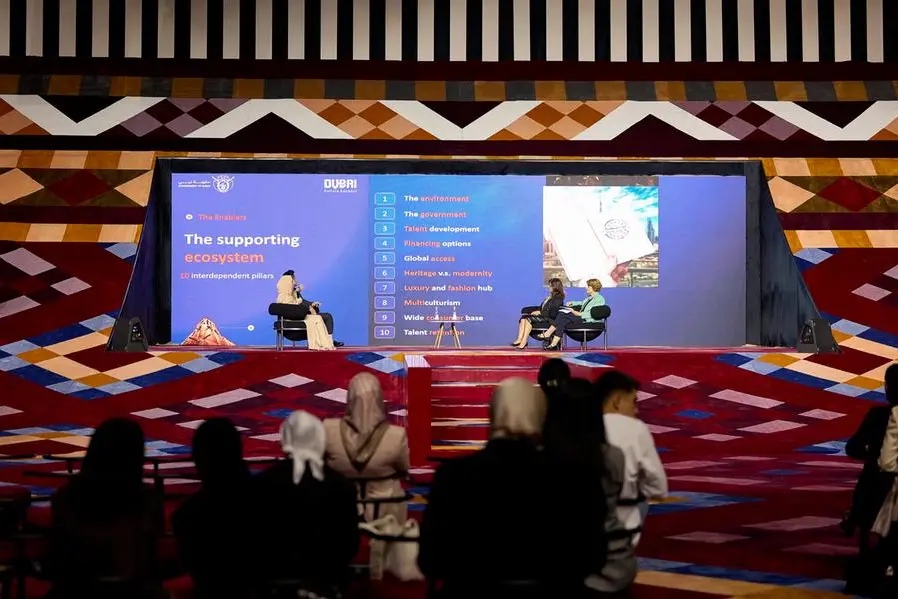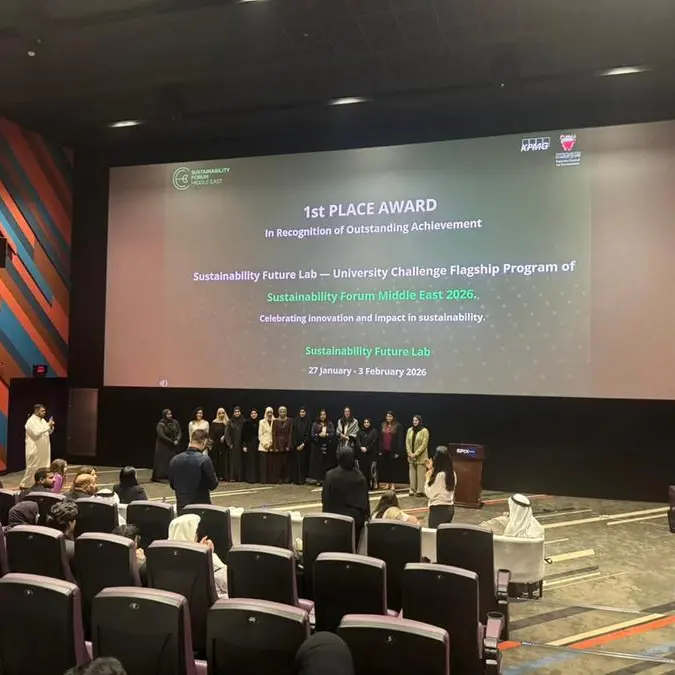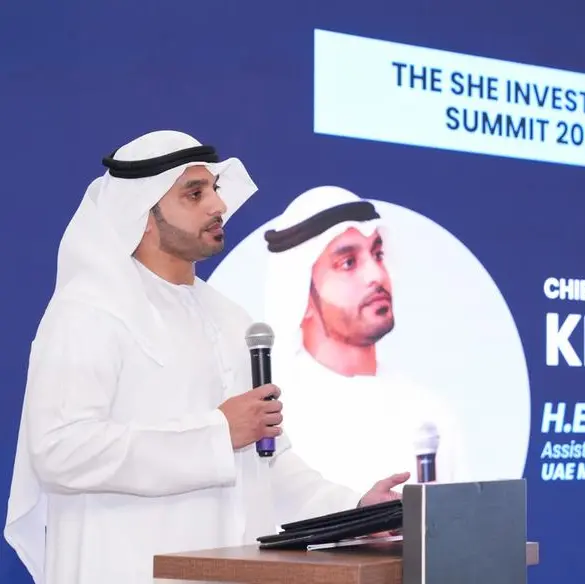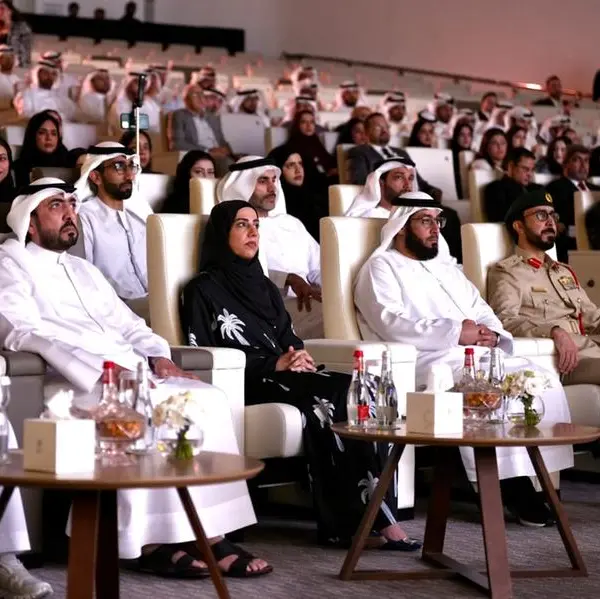PHOTO
Dubai, UAE: Dubai Culture and Arts Authority (Dubai Culture) concluded its participation in the 4th World Conference on Creative Economy, hosted by the Uzbek capital, Tashkent, under the theme ‘Inclusively Creative: A Shifted Reality.’ This participation is part of the Authority's efforts to strengthen Dubai's global presence, exchange expertise, and solidify relationships with international cultural and creative institutions. Dubai Culture also shared best practices in the creative economy and cultural sectors, furthering its mission to promote and enhance these industries.
The conference, organised by the Uzbekistan Art and Culture Development Foundation in collaboration with the Indonesian Ministry of Tourism and Creative Economy, UN Trade and Development (UNCTAD), and the World Intellectual Property Organization (WIPO), and in partnership with the British Council, saw the participation of over 2,000 creative individuals from around the world. The conference included a series of sessions, workshops, presentations, and creative activities that discussed shaping the future of the creative economy, workforce dynamics, the rise of creative and smart cities, the future of creative education, the future of arts, creativity and ip in the age of ai, inclusively sustainable futures, and the evolution of creative lifestyles.
During the conference, Hala Badri, Director General of Dubai Culture, participated in a panel discussion titled ‘How Are Arts and Culture Reshaping Diplomacy?’, where she spoke about the impact of arts and culture in fostering global cooperation. She emphasised the importance of cultural diplomacy and soft power as a powerful tool in strengthening international relations and presented Dubai's creative journey, showcasing how Dubai has utilised cultural diplomacy to build bridges with other cultures and cement its position as a global centre for culture, an incubator for creativity, and a thriving hub for talent. She also highlighted Dubai’s remarkable achievements, such as ranking first globally in foreign direct investment in the cultural and creative industries, as well as fourth globally and first regionally in the ‘cultural interaction’ parameter within the Global Power City Index. Additionally, she mentioned Dubai’s successful bid to host the 2024 World Cities Culture Summit and the 2025 ICOM General Conference, both firsts for the MENA and MENASA regions, respectively. Moreover, she noted that Dubai is the first Creative City of Design in the Middle East, as recognised by UNESCO's Creative Cities Network.
Badri also discussed the Dubai Creative Economy Strategy, which aims to transform the emirate into a global hub for the creative economy by 2026. She outlined Dubai Culture’s initiatives to enrich the cultural scene and support the growth of creative industries through strategic partnerships with various institutions. These efforts span a wide range of innovative services and opportunities for creatives, talent, and entrepreneurs, enabling them to live, work, and create within a dynamic cultural ecosystem that opens horizons and inspires innovation. During the session, Badri also spoke of the importance of collaboration with public and private sector partners in the Al Quoz Creative Zone project, one of the most prominent cultural initiatives in Dubai. She explained the zone’s capabilities, facilities, opportunities, and services it offers to meet the needs of creatives, artists, designers, and SMEs looking to invest in various fields of the creative economy, making it a destination supporting investment and entrepreneurship. She also discussed the importance of planning the creative journey and supporting it with a solid framework, encompassing education, business establishment, and growth opportunities.
As part of the delegation's participation in the global conference, Hala Badri, accompanied by Dr Saeed Mubarak bin Kharbash, CEO of the Arts and Literature Sector; Shaima Rashed Al Suwaidi, Director of the Marketing and Corporate Communication Department; Khulood Khouri, Director of the Projects and Events Department; Sara Al Pachachi, Manager of the Corporate and Digital Communication Section; and Shamma Yahya Almheiri, Senior Officer at the Arts and Literature Sector, toured several of Tashkent’s most prominent cultural and heritage sites. Among the most memorable were ‘Rakhimov Ceramic Studio,’ a renowned artistic centre. Established 232 years ago by the famed ceramist Mukhitdin Rakhimov, the studio combines tradition with innovation in Uzbek ceramic arts. During their visit, the delegation explored a unique collection of pieces showcasing Uzbek creativity.
The delegation also visited the Centre for Contemporary Art, located in one of Tashkent's historic neighbourhoods, which is the first institution in Uzbekistan dedicated entirely to contemporary and modern art. Managed by the Art and Culture Development Foundation, the centre aims to bridge local Uzbek artisans with global creatives and promote contemporary art within Uzbekistan and globally.
The delegation toured the Hazrati Imam Complex, one of the most significant Islamic historical landmarks in old Tashkent, which includes several important buildings that reflect the rich traditional Islamic heritage of Uzbekistan, such as the 16th-century Barak Khan Madrasah, Tilla Sheikh Mosque, and the MuyiMuborak Library, which houses the ancient Osman Quran, one of the oldest copies of the Quran written on deerskin.
The delegation also visited the Suzani, a workshop established by artist and craftswoman Madina Kasimbaeva in 2006. Specialising in preserving the traditional Uzbek embroidery known as ‘Suzani’, a form of hand-embroidered textile featuring intricate floral and geometric patterns - with a modern aesthetic, Kasimbaeva has trained over 500 students and employs more than 40 local artisans.
The cultural sites visited by the Dubai Culture delegation in Tashkent included the Madrasah of Abdulkasim Sheikh, built in the 16th century to honour the prominent scholar and thinker Abulkasim. The Madrasah, now transformed into a fine arts college, is distinguished by its unique architectural details, domes, towers, and emerald-coloured decorations. It currently exhibits a wide range of works by emerging artists in Uzbekistan. The delegation also toured the Uzbekistan State Museum of Applied Arts, exploring its extensive collection from the early 19th century, which includes ceramics, jewellery, gold-embroidered garments, carpets, wooden works, musical instruments, and more. During their visit to the House of Photography in Tashkent, the delegation explored a series of art exhibitions held in the building, which was constructed in 1934 by renowned Uzbek artists and architects. They also learned about its various programmes and activities, including competitions, exhibitions, seminars, and specialised art festivals.




















